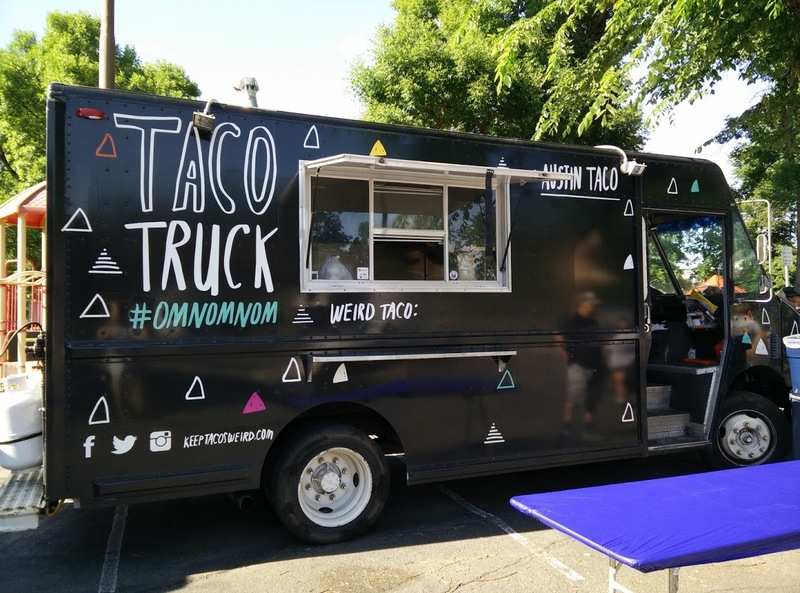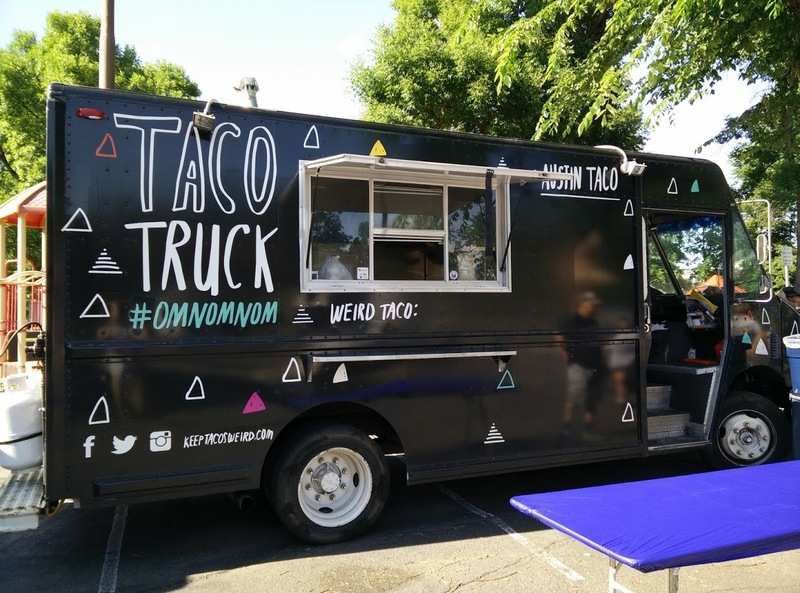

The Authoritative Guide on Food Truck Licenses and Permits

The Authoritative Guide on Food Truck Licenses and Permits
Ever since they first rolled out in 2008, food trucks have become a national sensation and an exciting business opportunity for ambitious entrepreneurs. Miami offers one of the biggest and richest markets for mobile food service, though you will not get far without meeting the various regulatory requirements and compliances that must be cleared before you take to the road.
Fortunately, our team at Jurado & Farshchian is familiar with all the Food Truck Licenses and Permits you will need in order to launch your operations and avoid any costly fines, penalties, or liens resulting from noncompliance. Here is a breakdown of what will be required before you hit the road with the next big thing in food trucks.
For starters, you will need to follow the general procedures that pertain to any formal business, such as filing your formative documents with the Florida Department of State, obtaining an Employer Identification Number (EIN) from the IRS, and applying for a sales tax permit from the Florida Treasury. We can assist you with choosing the best business structure for your food truck and also take care of the requisite paperwork and filing.
Second, you must bear in mind that Food Licenses and Permits vary widely by state, city, and county. Miami-Dade County will have a different regime of zoning restrictions and codes from neighboring Broward County. Furthermore, licenses that work in Florida may not be recognized in another state. Therefore you must think very carefully about where you want to operate in order to comply with the relevant authorities.
In the State of Florida, food trucks are officially classified as “Mobile Food Dispensing Vehicles” (MFDV) and must obtain a MFDV License from the Florida Division of Hotels and Restaurants. The basic requirements for qualifying are as follows:
- Have a vehicle registered with the Florida Department of Transportation (note that whoever drives it will need the proper commercial vehicle license as well)
- Be mobile
- Have protection from the elements and pests (walls, ceiling, flooring, etc.)
- Have dishwashing capacity (at minimum a three-compartment sink)
- Have a separate sink for handwashing
- Have a plumbing system that allows you to wash dishes and hands
- Have equipment to keep food at safe-to-serve temperatures (refrigerator or steam table)
- Have a power system to keep the equipment running (either a generator or a means of connecting to the grid)
- Have either a water and sewer location or a commissary (a place to properly fill and empty holding tanks)
All applicants will need to submit a detailed business plan for their food truck along with the application form and license fees. Once the plan is approved, you will still need to schedule an opening inspection of your food truck before you can be licensed as a food service establishment. The inspector will look for many of the above-listed requirements and possibly any business records and permits deemed relevant to their search.
Even if your food truck is approved, you cannot take off and start serving new customers just yet. Miami-Dade County and the various municipalities located within it have zoning restrictions that designate when and where commercial vehicles can or cannot operate. Thus, you will need to obtain a zoning permit – formally known as a Certificate of Use (CU) – from the county’s Zoning Permit Section that allows you to legally operate in permitted areas. Along with the application, you will need to submit information about your business (including its hours of operation) and the MFDV license from the State. The CU must also be renewed annually.
As you can see, there is a lot of paperwork and protocol that goes into launching a food truck. Neglecting any one of these various licenses and permits will result in hefty penalties. However, do not let the time, expense, and complexity of compliance dissuade you from your passion. Contact us today to learn how we can help get your food truck off the ground and in business as timely and cost-effectively as possible.





Comments